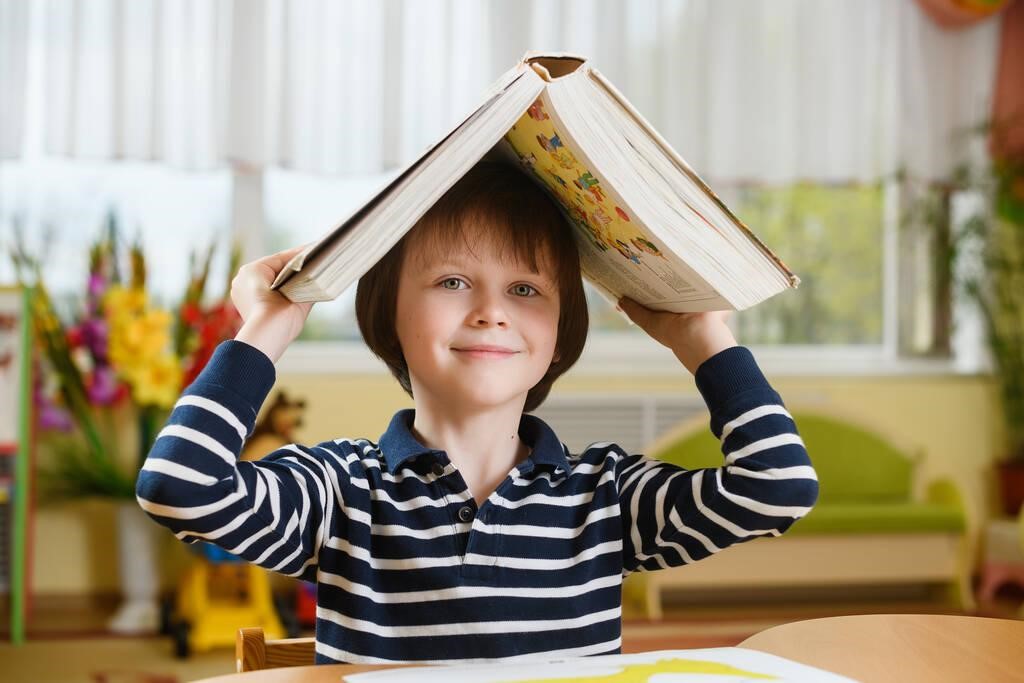Hong Kong has been known for its excellent education system. However, the traditional methods of teaching have been losing their shine as the world progresses. In recent years, the Montessori method of education has gained immense popularity in Hong Kong. The Montessori approach is based on the philosophy of freedom within limits, which emphasizes the importance of child-centered learning and hands-on experiences. This approach is different from traditional methods and has proven to be beneficial for children’s overall development. In this article, we will delve deeper into the Montessori education system, its history in Hong Kong, the benefits it provides, and the various types of Montessori schools available.
Since then, many other schools have followed suit and are now offering a full range of Montessori programs for young students from infants through primary school age. Today, montessori in Hong Kong has become a popular educational approach for children of different ages in Hong Kong. The focus on child-centered learning and hands-on activities has made Montessori schools stand out from traditional schools in the city.

Understanding Montessori Education
The Montessori method of education was developed by Dr. Maria Montessori, an Italian physician, and educator, in 1907. Dr. Montessori believed that children should be allowed to explore their environment freely while being guided by trained educators who provide them with structured activities designed to help them develop their physical, social, emotional, and intellectual skills.
History of Montessori Education in Hong Kong
Montessori education was first introduced to Hong Kong in the 1970s. Dr. Lai Kwok-sing, a renowned educator, brought the Montessori method to Hong Kong when he founded the Dr. Lai Kwok-sing Education Centre in 1973. This center was one of the earliest institutions in Hong Kong dedicated to providing high-quality early childhood education based on the principles set forth by Dr. Montessori.
Benefits of Montessori Education for Children in Hong Kong
Montessori education provides children with numerous benefits that are not offered by traditional education methods. One of the main benefits of Montessori education is its emphasis on hands-on learning. This type of learning allows children to explore their environment through activities such as sorting objects by size or color or manipulating blocks into different shapes. By providing opportunities for exploration, children are able to gain an understanding of how things work while simultaneously developing problem-solving skills and creative thinking abilities. These skills are essential tools that will stay with them throughout life.
Another benefit of Montessori education is its focus on building strong relationships between students and teachers. This creates a positive classroom atmosphere where students feel comfortable expressing themselves without fear of judgment or criticism from peers or teachers. This encourages self-confidence, which helps young people take risks and try new things without worrying about failure or embarrassment.
Another aspect that makes Montessori education stand out is the emphasis on building strong relationships between students and teachers. By creating a positive classroom atmosphere where students feel comfortable expressing themselves without fear of judgment or criticism from peers or teachers, Montessori education encourages self-confidence, which helps young people take risks and try new things without worrying about failure or embarrassment – something that can often be difficult for some students in traditional classroom settings.
Montessori schools in Hong Kong offer different levels of education and activities, ranging from pre-schools to full primary and secondary educational programs. The most common type of Montessori school in Hong Kong is the pre-school program, designed for children aged 3 to 6 years old and focusing on developing their cognitive skills, such as problem-solving, language development, and social interactions with peers. Pre-schools generally offer more structured activities than other forms of childcare such as daycare centers or babysitters; however, they still retain an element of playfulness which encourages creativity in young learners.
Primary level Montessori schools are also available in Hong Kong, offering students an alternative educational path from traditional school systems. These schools typically use a mix of both traditional teaching methods and the principles set out by Maria Montessori when designing their curriculum, helping children develop independent learning skills while still receiving a well-rounded education. Additionally, some Montessori schools in Hong Kong offer bilingual programs or are tailored specifically for special needs students.

While the cost and requirements for enrolling a child into a Montessori school in Hong Kong vary depending on the individual institution as well as the age and level of the student, there are some general guidelines for each school that can help prospective parents make an informed decision about their child’s educational future. In general, Montessori schools in Hong Kong tend to be more expensive than traditional schools, and parents may need to pay additional fees for materials and activities.In conclusion, Montessori education is an approach to learning that emphasizes independence, critical thinking skills, and self-directed activity in a classroom setting. This educational system has become increasingly popular in Hong Kong over the past few years, as parents become more aware of its benefits for their children’s development. By recognizing and accommodating the individual needs of each child, providing opportunities for hands-on learning and exploration, and emphasizing strong relationships between students and teachers, Montessori education has proven to be a valuable alternative to traditional school systems. With numerous schools offering different types of Montessori programs in Hong Kong, parents have a variety of options to choose from to help their children receive a quality education.